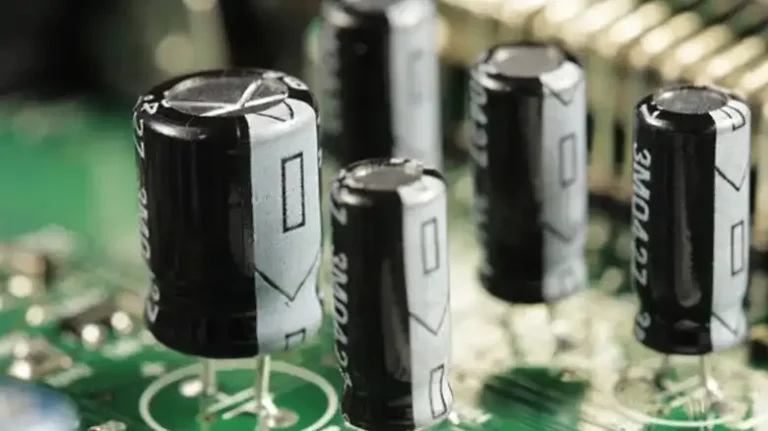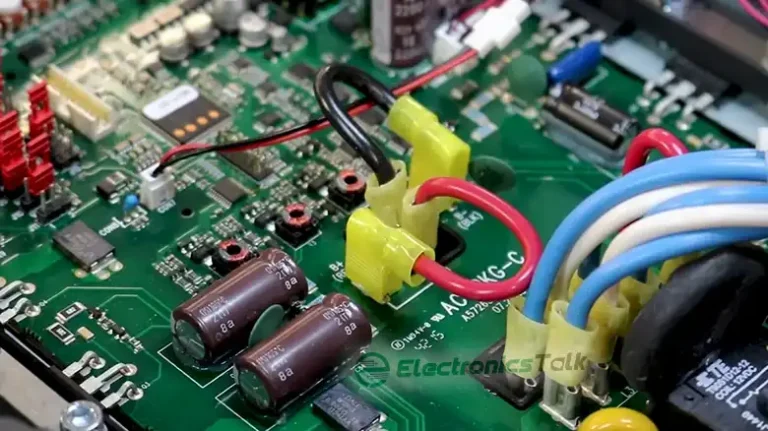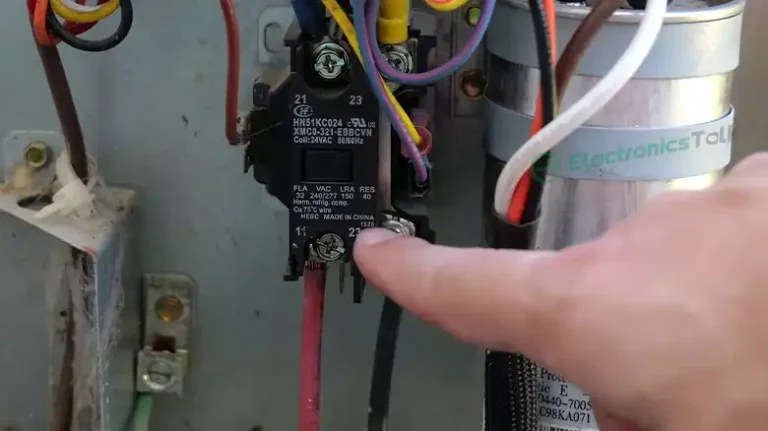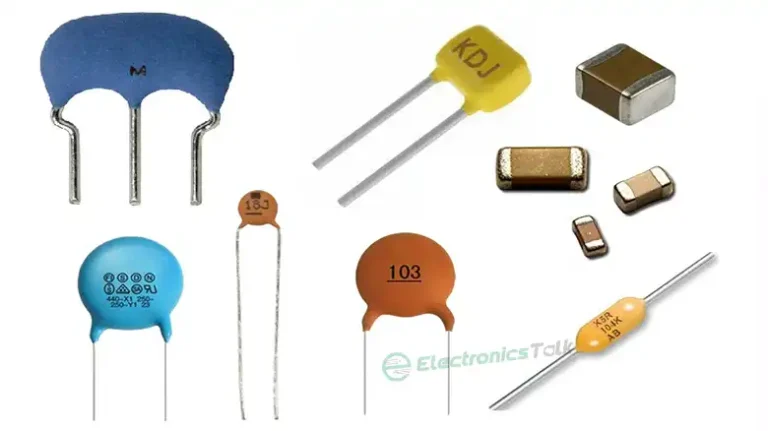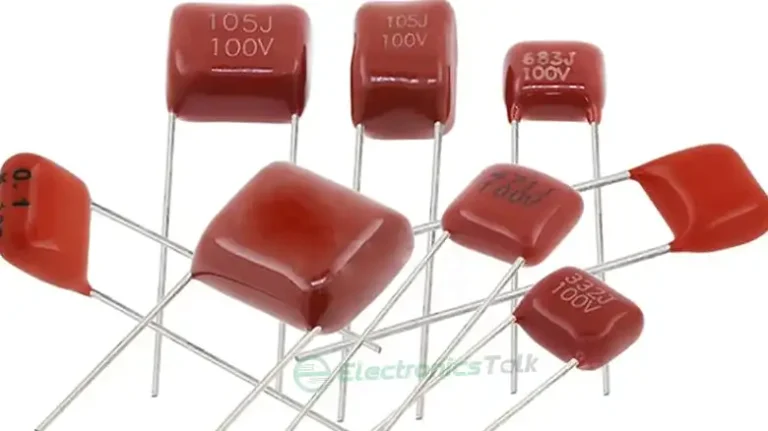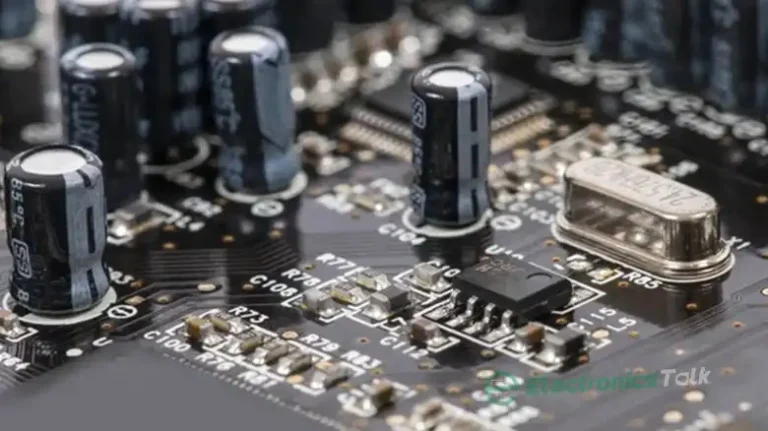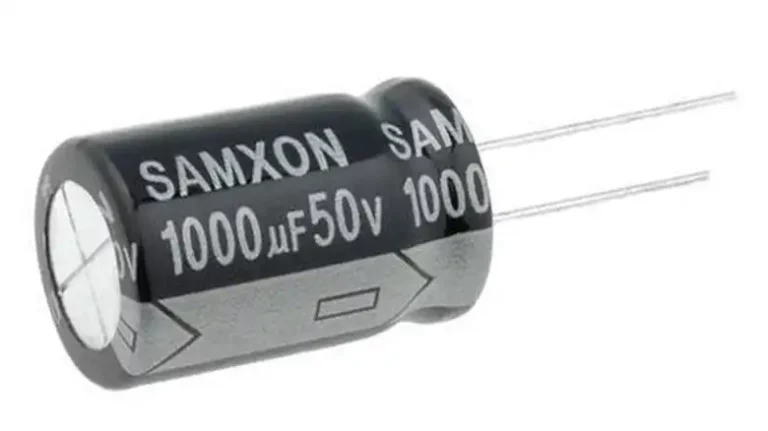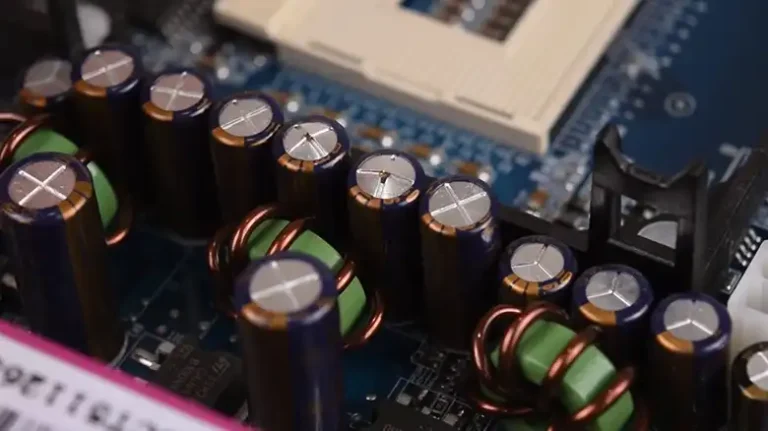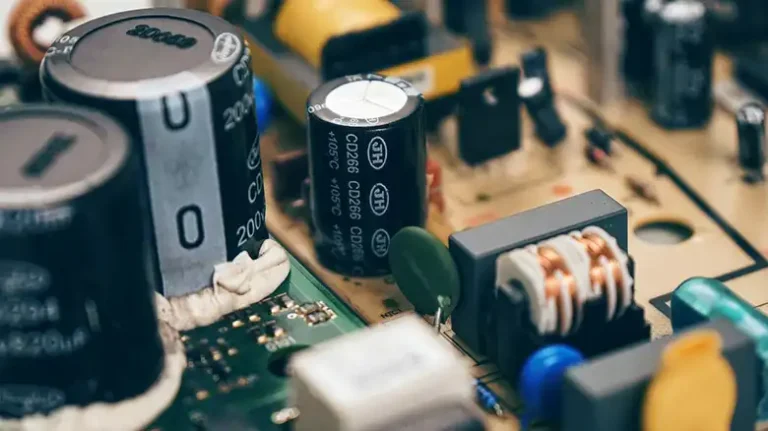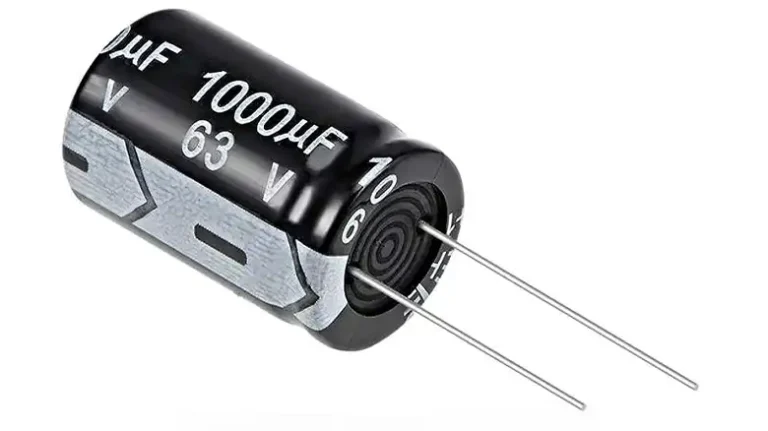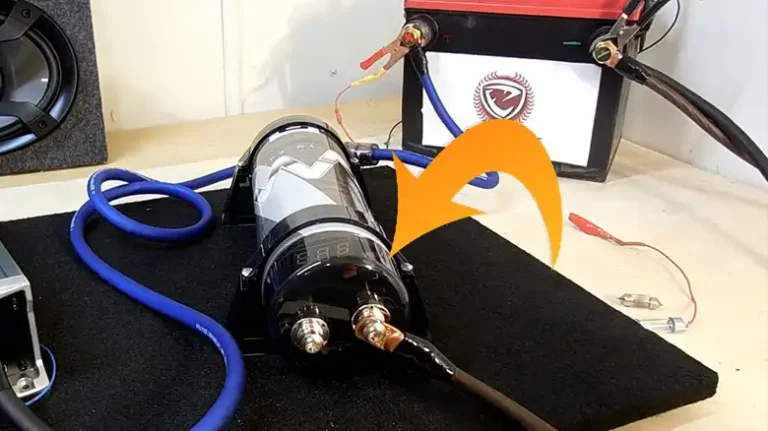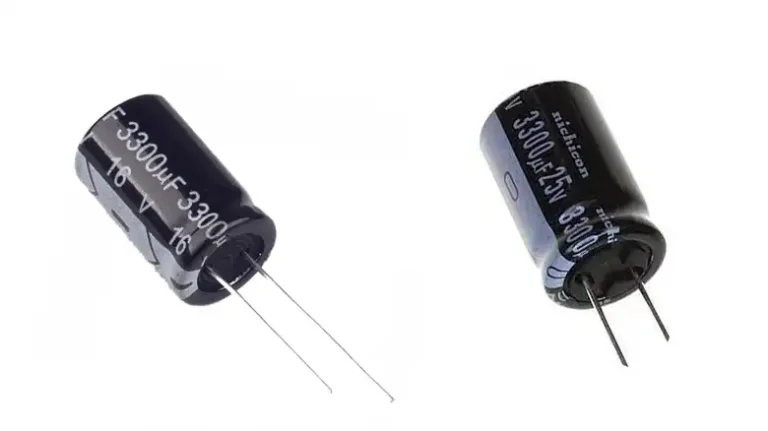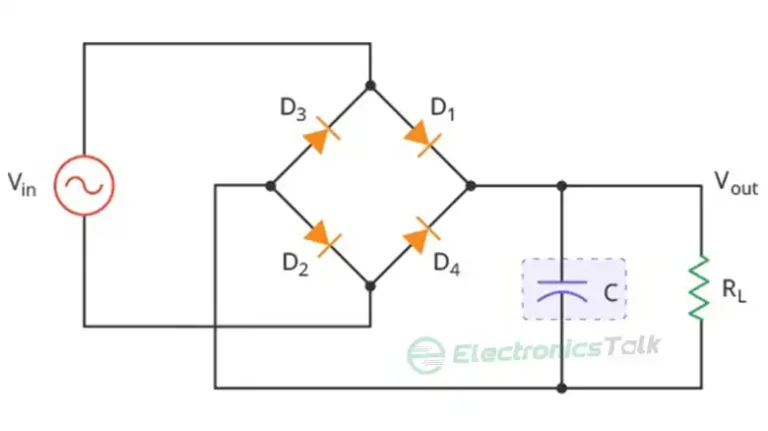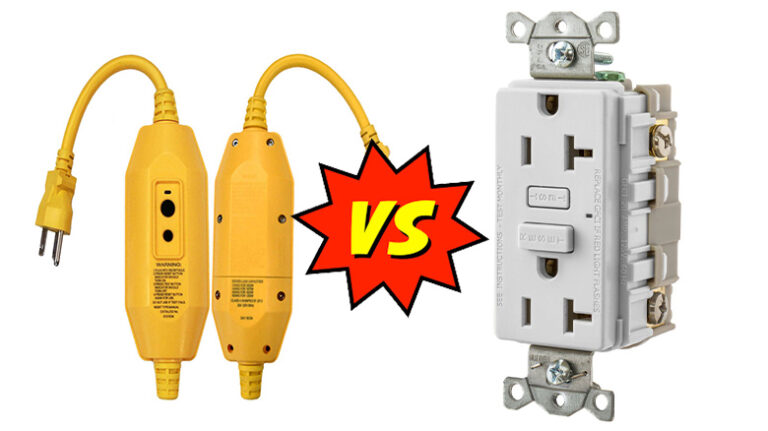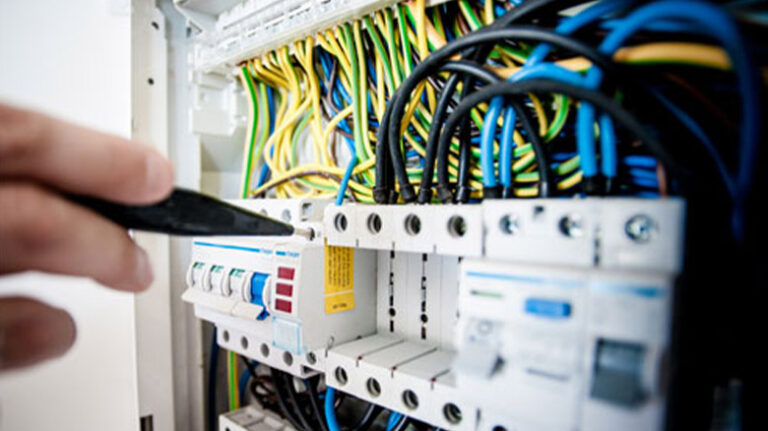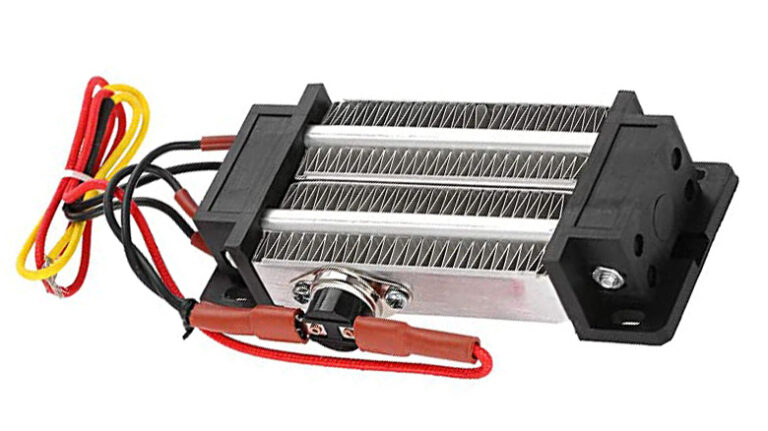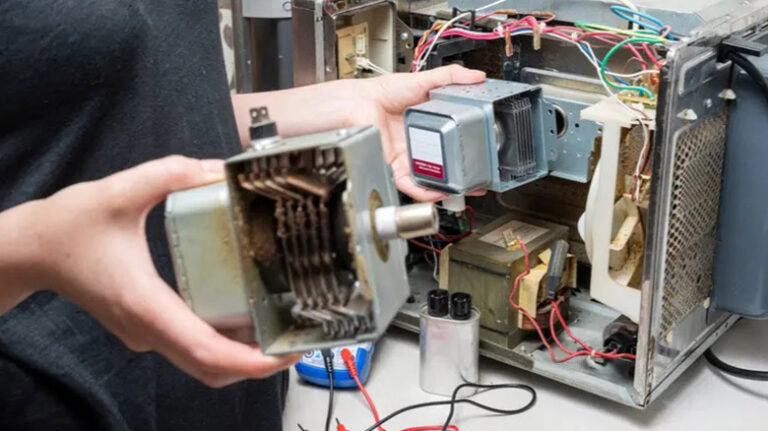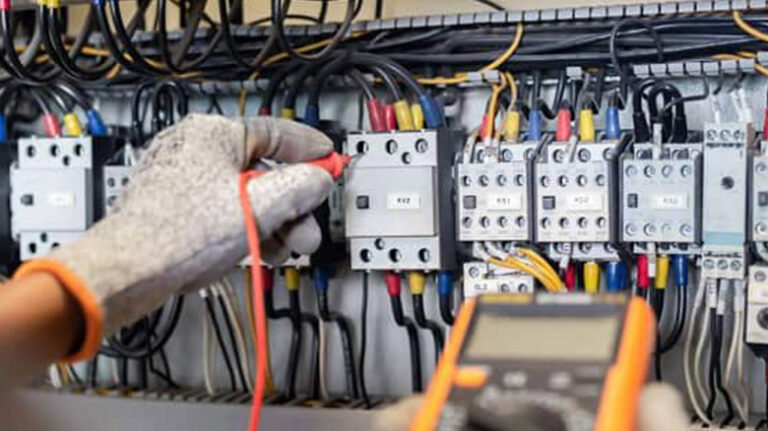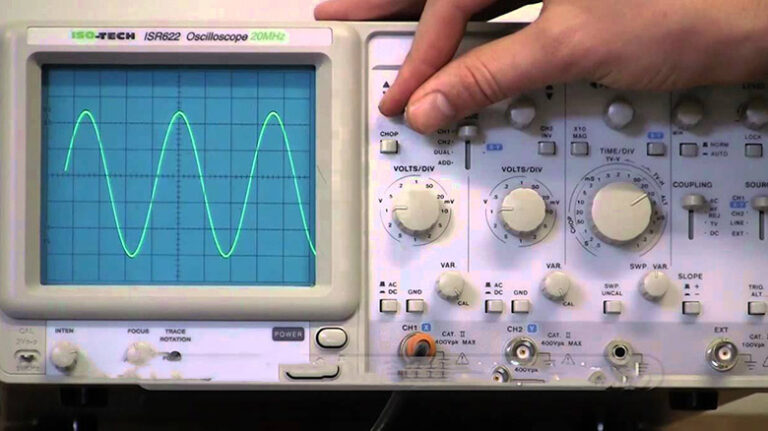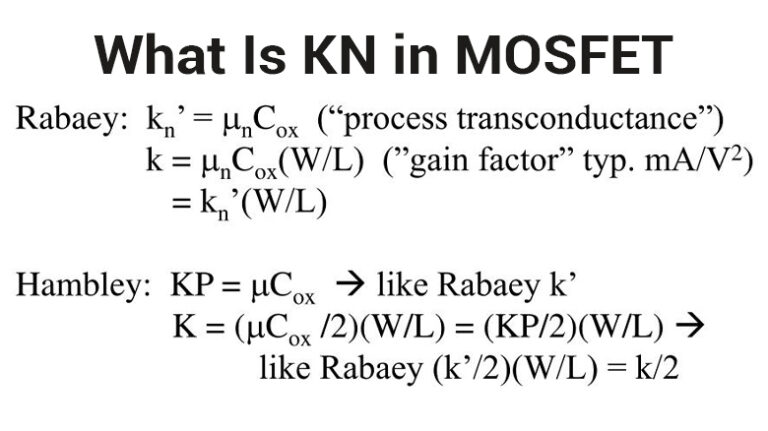Your Trusted Guide to Understanding Electronics, Circuits & Components
ElectronicsTalk.org is an educational resource dedicated to explaining complex electronic concepts in simple terms. From capacitors and conductive materials to oscilloscopes and circuit design, we provide clear, well-researched answers to common engineering questions. Whether you’re an electronics student, hobbyist, or professional, our goal is to help you understand how electronic components work, their lifespan, and real-world applications.
Capacitor
Learn everything about capacitors – how they work, their lifespan, tolerance, and real-world performance. Get clear answers to common capacitor-related questions.
-
Do Capacitors Fail With Age? | Answered
Capacitors, integral to electronic systems, are renowned for their role in storing and releasing electrical energy. Yet, as time passes, questions surface regarding their…
-
[Answered] What Is The Shelf Life Of Capacitors?
Capacitor shelf life, a nuanced aspect within the realm of electronic components, involves the degradation of these devices over time during storage. Engineers and…
-
Can I Replace a 40 5 Capacitor With a 45 5 [ Explained]
The difference between 40+5 F and 45+5 F capacitors is not much worth saying. So, the effect of replacement with one another should not…
-
[Answered & Explained] Does Size Matter in Capacitor?
Capacitors are crucial passive components in the electronics industry, used for coupling, decoupling, power supply filtering, signal filtering, impedance matching, energy storage, and snubber…
-
Does Capacitance Tolerance Matter? Significance And Impact
Capacitance tolerance is indeed important in most electronic circuits and applications. While it may seem harmless to ignore this specification, it can significantly impact…
-
[Explained 4 Facts] Do Capacitors Expire?
Yes, capacitors can become obsolete. The type of capacitor, the environment it is stored in, and the way it is utilized are some of…
-
Can I Use a 50V Capacitor Instead of an 25V? Exploring the Voltage Rating for Capacitors
In most cases, substituting a 25V capacitor with a 50V capacitor is perfectly fine. A higher voltage rating of a capacitor is typically unlikely…
-
Can I Replace Electrolytic Capacitor With Polymer? Easy Explanation
As long as the maximum rated voltage is not exceeded, polymer capacitors can typically be utilized as straight replacements for electrolytic capacitors. Also, capacitance…
-
Do Capacitors Degrade if Not Used | Factors and Solution
The current shelf life of aluminum electrolytic capacitors is about 2 years. When these capacitors are stored at high temperatures, the sealing material can…
-
Can I Use a 63V Capacitor Instead of 25V? [Technically Explained]
Yes, you can substitute a 63 V capacitor with a 25 V capacitor. It is generally advisable to get a capacitor with a greater…
-
Will Capacitor Drain My Battery [Unraveling the Facts]
No, capacitor will not drain your battery. Two plates (of foil or another metal) make up a capacitor and are separated apart by an…
-
Can I Replace a 16V Capacitor With an 25V Capacitor? [7 Comparison Aspects Explained]
Yes, you can typically swap a 16V capacitor out for a 25V capacitor without any problems. The maximum voltage that a capacitor may safely…
Conductive
Understand conductivity, wiring, and circuit flow with practical explanations. Learn about voltage conversions, wire sizes, and safe electrical connections.
-
How Do You Convert 240V AC to 240V DC? Explained
The transformation of alternating current (AC) to direct current (DC) is of the highest importance in the field of electrical engineering due to the…
-
Line vs Load GFCI | How to Differentiate?
The “load” wires are the outgoing power that passes down the circuit to the next outlet, while the line wires that are attached to…
-
What Size Wire for 80 Amp Breaker | How to Choose Perfect Wire Size
A 2-gauge wire is required for 80-amp service. After 1-gauge, the next size is 2/0, followed by 3/0. It should be noted that if…
-
Can I Wire a 220V Heater to a 110V | Is It Possible?
You can wire a 220V heater to a 110V. However, the power you get will be reduced by one-fourth and you may not get…
-
How Long Does It Take for a Microwave Capacitor to Discharge?
The microwave, despite its diminutive size and simplicity, is a deadly appliance. While microwaves might be hazardous, you should be aware that they need…
-
What Size Wire for 15 Amp Breaker? Suitable Wire Size Chart Given Below
For 15-amp service, a 14-gauge wire is required. If the circuit is 10 amps, the wire must be 14 gauge. This is due to…
Oscilloscope
Discover how oscilloscopes work, how to read waveforms, and measure signals accurately. Simplified guides to mastering this essential electronic tool.
-
How to Calculate Frequency From Oscilloscope?
Within the oscilloscope’s restrictions, an oscilloscope can be used to display the frequency waveform. With a time base setting of the scope and syncing the…
-
How Does an Oscilloscope Work? An Overview
An oscilloscope works through a repetitive tracing of waveforms by measuring the voltage forming a continuous display that is obtained because of the persistence…
-
What Is KN in MOSFET? How Do I Find Out?
The transconductance parameter of MOSFET is the product of the mobility of electrons in channel and oxide capacitance and is represented as kn (transconductance…
Get in touch
Don’t Hesitate To Contact Us For Any Information.

